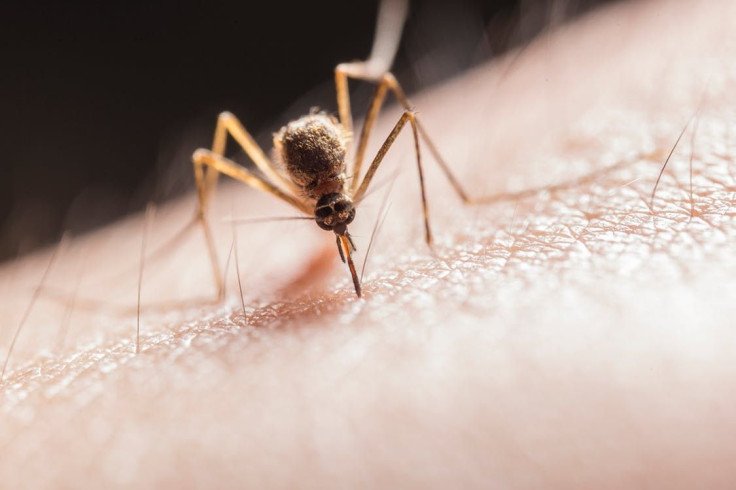Scientists Admit Flawed Experiment May Have Created ‘Super Mosquitoes’

A team of scientists revealed that an experiment that released millions of genetically-modified mosquitoes into the wild to curb the populations of disease-carrying mosquitoes has backfired. A study revealed the genetic traits of the “super mosquitoes” have been passed on to the native species.
Over the course of more than two years, British biotech firm Oxitec released 450,000 genetically altered male mosquitoes every week in the city of Jacobina in Brazil. Before they were released, the mosquitoes were transgenically modified to carry a lethal gene designed to reduce the population of the native species.
The experiment was carried out in response to the city’s growing issue of mosquito-borne diseases such as yellow fever, Zika, dengue and chikungunya. Oxitec was hoping that the strain carried by its genetically modified mosquitoes would kill off the disease-carrying bugs in the city.
Unfortunately, a study conducted on the results of the experiment revealed that the lethal gene did not work as planned. According to the authors of the study, it did not kill off the offspring of the regular and genetically altered mosquitoes.
“The claim as that genes from the release strain would not get into the general population because offspring would die," Jeffrey Powell, the lead author of the study said in a statement. “That obviously was not what happened.”
In addition to not dying, the new generation of mosquitos also displayed genetic traits that are similar to the transgenic mosquitoes. The unfavorable result of the experiment sparked fears that it could create a new breed of mosquitoes with genetic traits that might make them more resistant to current anti-mosquito solutions.
As these new generations of mosquitoes continue to breed, these genetic traits would be passed on in an unending cycle. For the authors of the study, the outcome of the experiment highlights the need to implement monitoring programs in order to identify possible unfavorable results.
“It is unclear how this may affect disease transmission or affect other efforts to control these dangerous vectors,” they explained. “These results highlight the importance of having in place a genetic monitoring program during such releases to detect unanticipated outcomes.”
The findings of the researchers regarding the experiment were presented in a new study published in the journal Nature.
© Copyright IBTimes 2025. All rights reserved.





















